Back in the days of the 19th century, the art of relaxing was an activity the upper class indulged in and loved to flaunt. Today it seems that the reverse is true.
A lot of successful and well-to-do people and celebrities are constantly embarking on new projects and proudly posting about their endeavors on social media.
For a lot of people including myself taking time to watch a film or go out with friends can trigger feelings of guilt. Your mind keeps reverting to all the tasks waiting on your to-do list and you question if relaxing is the best use of your time.
The answer is a resounding yes. A tired brain can not efficiently search for a solution, generate ideas, or maintain healthy relationships.
Taking a break can help us get things done more effectively. When we are relaxed and refreshed, we have time to think, to get inspired and most of all, to increase productivity.
Sometimes you will also be able to come up with some new ideas that you haven’t even thought about before!
Here is a list of 29 things you can do for relaxation and relief from stress
LAUGHTER

Laughter is a great way to beat stress. Good comedy movies can lighten your mood and help take your mind off things.
SMILE
Smiling helps to relieve stressful feelings and Boosts your mood. It usually tends to spread to people around you as well and creates a wonderful atmosphere..
TRY PROGRESSIVE MUSCLE RELAXATION
Progressive muscle relaxation is a technique that can be used to reduce stress. It involves tensing and relaxing each muscle group, starting at the head and moving down the body.
Relaxing your muscles can help you fall asleep. When you relax your muscles, your body gets the signal that it is okay to fall asleep.
It also helps with pain relief and boosts the immune system.
UNPLUG
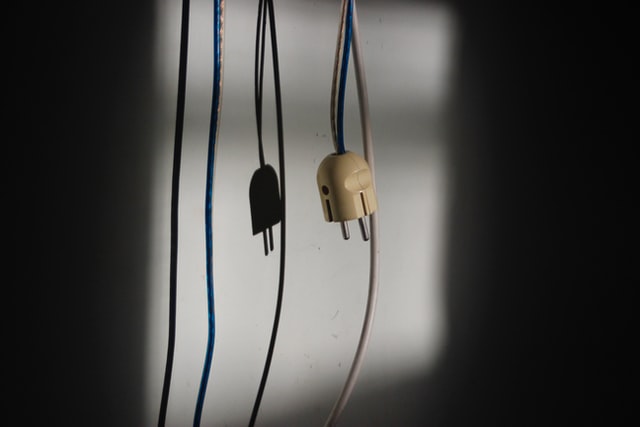
Turn off the tv, phone and other gadgets and unplug from the electronic world. Slow your pace down and use the calm outside environment to focus inwards to find your internal calm. Minimise the noise and the stimuli and enjoy the pure bliss of just letting yourself ‘be’.
TALK IT OUT
Take some time to ask someone about their day and really listen to their response. It is a great way to relieve stress because you are taking your mind off your own problems.
Genuine conversations and social interactions keep you from isolating yourself which can cause stress or amplify it.
MORNING BREATHING
Perform this breathing exercise when you first get up in the morning. It is a great way to relieve stiff muscles and clear congested breathing passages.
Then use it throughout the day to relieve back tension as well.
- From a standing position, bend forward at the waist with your knees bent and arms hanging down close to the ground.
- As you inhale slowly and deeply……, return to a standing position by rolling up slowing, lifting your head last.
- Hold your breath for just a few seconds in this standing position. Exhale slowly through your mouth as you return to the original position, bending forward from the waistline.
NATURE

Spending time in nature is one of the most enriching and rejuvenating ways to deeply relax. You can go for a gentle walk through a forest, quietly sit by a stream, or lie on the grass and listen to birds around you.
Being in nature has been used by people across different countries and cultures to connect to their spiritual life. Studies have also shown that spending time in nature produces brain waves similar to those you experience when meditating.
ENGAGING IN SOMETHING YOU LOVE
Engaging in activities that you enjoy like painting, writing, or cooking will immerse you into a state of flow where time seems to be suspended.
This state of ” being ” often enables us to connect to an energy that is larger than ourselves.
Doing activities that you love and put you in a state of timelessness often impart feelings of letting go, contentment, and loosening up.
AVOID THE NEWS

It’s very easy to get sucked into the drama and attention-mongering world of news today whether it is online or offline. Trust that if something important happens, you’ll find out about it.
Otherwise, save your energy and avoid the stress and anxiety generated by news stories by focusing on activities that will actually benefit you.
DOODLE
It might feel a bit counter-intuitive, but it turns out that doodling on paper is a great way to spark creativity and get new ideas flowing.
If you have a little more time, taking a life drawing class or picking up painting are other great ways to relieve stress and relax.
DEEP BREATHING
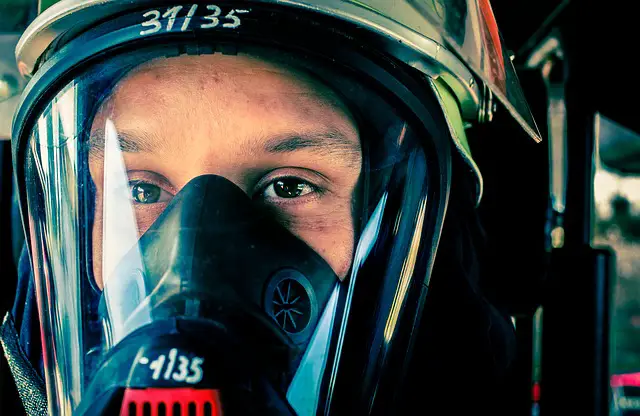
Take long, slow, deep breaths (also known as abdominal or belly breathing).
As you breathe, liberate your mind from distracting thoughts and feelings.
Taking deep regular breaths from our abdomen, are a simple and effective way to slow down and calm our minds and feel reconnected with our bodies.
GET YOURSELF A MASSAGE
Massages can be a great way to relax and destress after a long day. They help with muscle tension, reduce pain, and increase circulation.
Massage therapy has been around for thousands of years. It is one of the oldest forms of healing that our ancestors used to treat their ailments.
Massage is not just about physical benefits but it also has mental benefits as well. It helps people with anxiety, stress, and depression.
BODY SCAN
This technique blends breath focus with progressive muscle relaxation. After a few minutes of deep breathing, focus on one part of your body or group of muscles at a time and mentally release any physical tension you feel there.
A body scan can help boost your awareness of the mind-body connection and facilitate relaxation.
PET A PET

Petting a furry animal(preferably a domesticated one) like a dog or cat and spending time with them can feel highly relaxing.
Research indicates that petting animals release feel-good hormones in humans.
If you don’t currently own a pet, visit a friend who has one.
MINDFULNESS MEDITATION
Mindfulness meditation is the practice of being aware of thoughts, feelings, and sensations that are occurring in the present moment.
This practice allows people to focus on their breath and body sensations as well as their thoughts in order to develop awareness and acceptance.
Mindfulness meditation has been used for a variety of purposes including reducing stress, improving physical and mental health, increasing empathy and compassion, and improving cognitive function.
DRINK A CUP OF TEA
One of those time-honoured and easy ways to relieve stress is the ritual of making tea which can instantly help to calm you down.
Concentrate on savoring the taste and fragrance of the tea and letting the warmth seep into your body and relax.
GUIDED IMAGERY

For this technique, use your imagination to come up with soothing scenes, places, or experiences in your mind to help you relax and focus.
You can find online recordings of beautiful scenes for free.
Choose images or scenery that you find soothing or that you have a connection to. Guided imagery is also an excellent way to reinforce a positive vision of yourself.
However, it may be difficult for people who struggle with intruding thoughts or have a hard time visualizing images. If that’s the case, you should practice meditation and bring a sense of calm and control in your life.
WRITE DOWN YOUR WORRIES

Writing on paper can be a highly effective way of expressing and processing strong emotions.
Buy yourself a journal and start writing.
Write down what’s on your mind, things that have been bothering you lately, or about events that happened in the past that are still lingering in your mind.
Then reflect on your writing.
PRACTICE RELAXING YOGA ASANAS (POSES)
There are many simple yoga asanas like Balasana (Child pose), Makarasana (Crocodile Pose), Cat-Cow pose, and Legs up the wall pose that can be immensely relaxing to the mind and body.
Simply choose any one pose that you are comfortable with and do it for about 2-3 minutes.
TAKE A SALT WATER BATH
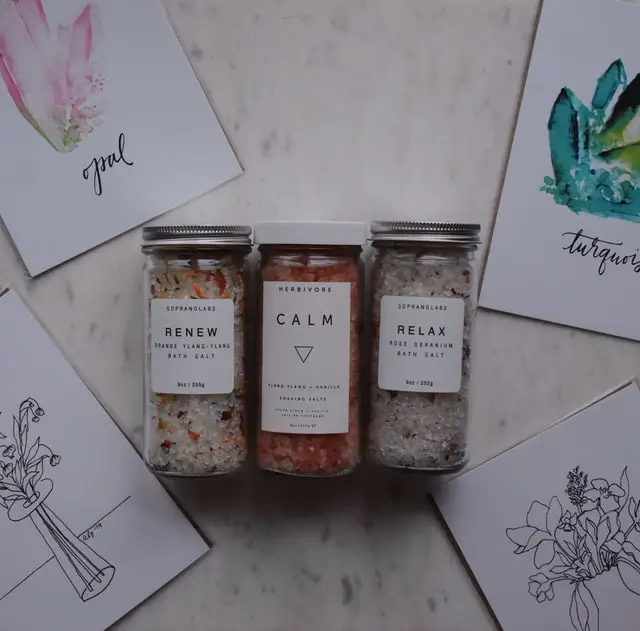
Saltwater baths are a great way to relieve tension and relax your muscles, however before you jump in the tub you should know about some of the benefits that saltwater has for your body.
Salt is made up of ions that help balance out the pH levels in your body and help remove toxins from cerebral circulation. Salt is also a natural anti-inflammatory agent and it can be used to treat skin conditions such as acne, eczema, and psoriasis.
Fill your bath with warm water and add around 2 to 3 cups of magnesium sulfate (Epson salt) or magnesium chloride salts and soak it in for about 20 to 25 minutes. Follow this up with a shower.
Alternately, you can take a relaxing foot bath by soaking your feet in magnesium water (add around 1-3 cups of salt in a bucket or bathtub).
SLEEP
Even though it is obvious, a lot of people and especially actors have erratic sleep schedules and don’t get enough sleep.. Sleep restores our mental and physical energy and helps us relax and feel rejuvenated.
The secret to relaxation is to establish a consistent sleep schedule and stick to it. Going to bed and waking up at the same time every day enables us to relax effectively, as well as enhance our resistance to stress.
TAKE A HOT/COLD SHOWER
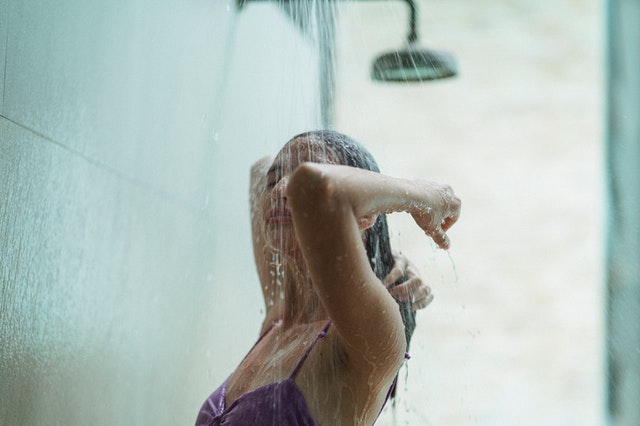
A hot/cold shower is also known as a contrast shower and is a relaxing way to bring your mind and body back into balance. It has been scientifically proven that hot/cold showers can help improve concentration and relieve muscle tension.
Start with a hot shower followed by a cold shower and repeat the cycle three to four times.
MINIMIZE EMOTIONAL STRESS
Emotions are powerful and we should learn to use them. How? By understanding the emotional triggers that lead to better content.
The more you understand yourself, the easier it is to be in a constant state of relaxation.
Your mood determines how you interact with people, how much money you spend, how you deal with challenges, and how you spend your time.
You can manage your emotions by using simple steps like the following:
- Label your emotions
- Reframe your thoughts
- Engage in activities that make you feel good
- Practice emotional regulation skills diligently
GO FOR A SWIM
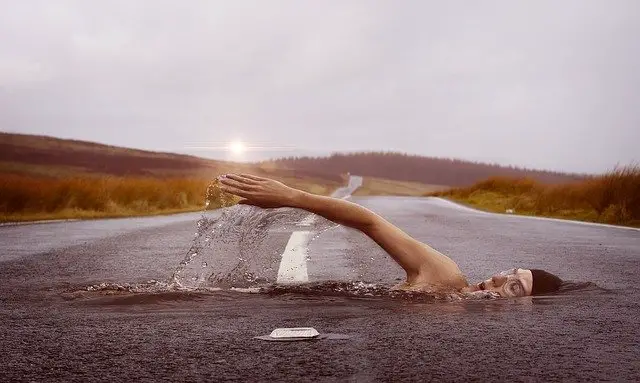
Swimming is a great way to exercise, relieve stress, and enjoy the outdoors.
Swimming, especially in natural lakes can be extremely relaxing.
But even if you don’t have a lake nearby and your only option is chlorine-treated water, it can still give you all the benefits.
Swimming in the water is a very enjoyable activity that allows you to be close to the water in many different ways, such as floating and playing around or just listening to the noises it makes.
You can also lie on an air mat or pool tube in the water to get some relaxing time.
When you swim you don’t grab hold of the water, because if you do you will sink and drown. Instead, you relax, and float.” – Alan Watts
SING OR DANCE
Put on your favorite chill-out music and dance to your heart’s content..
Don’t focus on how you are dancing. Instead, let go, immerse yourself in the music and let the rhythm guide you. It is a great way to deeply relax your mind and body.
PRACTICE GRATITUDE
Writing down three things you feel grateful for each day mounts a reminder of what’s good in your life. It can also help you dismiss and forget about the hardships of life.
Focusing on gratitude allows us to see how much good we have in our lives and place ourselves in the moment.
Whenever you are in a grateful state of mind your mind and body are always relaxed. It is hard to be stressed out or negative when you are being grateful.
STARE OUT THE WINDOW
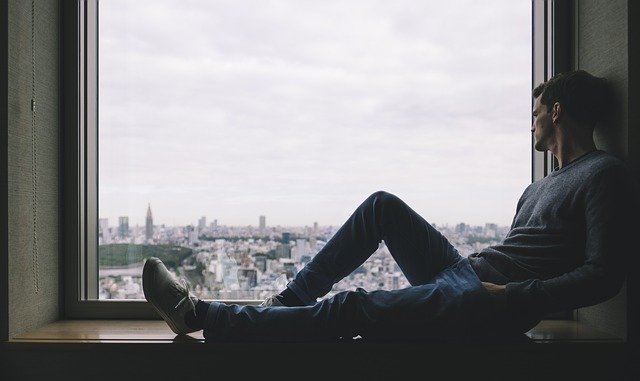
Disconnect to Connect.
Give yourself permission to do absolutely nothing but gaze.
When you look at nature scenes like trees or public parks, you are more likely to feel relaxed than when you are looking at your phone.
But even if nature is nowhere near, just viewing the outside world for a few minutes can get you out of your own head and help you relax.
PRACTICE COMPASSION
Compassion is an important part of our lives. It’s what makes us human.
People can show compassion for animals, for people who are suffering, for the environment, or for themselves. Compassion is seeing the world through a lens that sees all beings as deserving of kindness and understanding.
Compassion is not just a feeling but also an action and it’s something we can do every day to make someone’s life better or to improve our own well-being.
There’s no need to force anything. Take care of yourself and when you’re feeling good, that’s a moment to be really happy about. Leave behind any feelings of insecurity, being too self-conscious, and self-judgment or blame.
Being compassionate allows you to relax and enjoy a moment of peace. It also enables you to accept things you can’t change but be resilient in the face of adversity.
CONCLUSION
It’s important to take care of yourself and enjoy some leisure time, especially as you reach a breaking point. If you’re feeling burned out, it may be time to take a vacation. You deserve time off, and your work will benefit from the break.
The art of relaxation should be part of your holistic approach to wellness.
It is imperative to understand the benefits of relaxation and the potential consequences of neglecting them.
Experts agree that the act of taking time for oneself allows one to come into balance, which can lead to a more productive lifestyle.
Relaxation is an active process towards better physical and mental health and it does work!
Let us know what your favorite relaxing activity is below…


